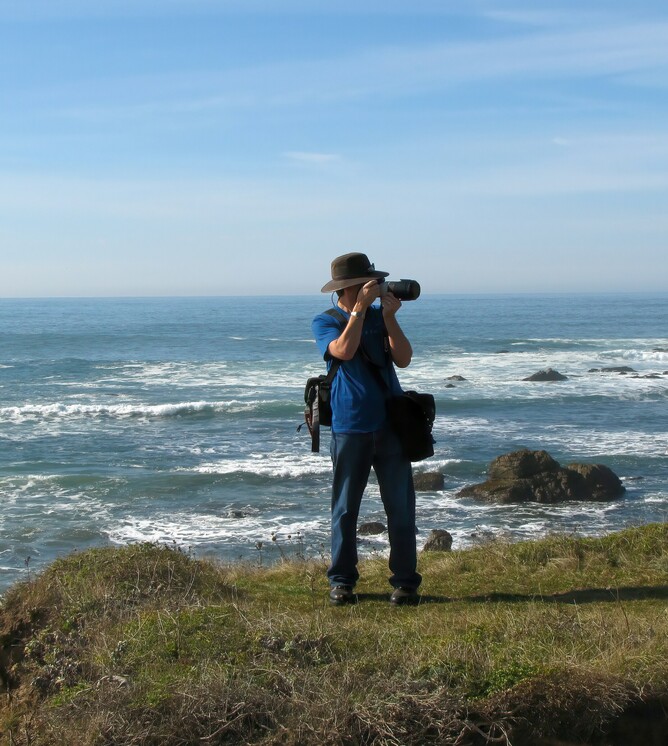When we are working with our clients to discuss their retirement planning, a key part of our discussion is ensuring that our clients have planned what they are going to do in retirement.
What are you going to do to feel useful? How are you going to replace the meetings, deadlines, and buzz of being part of the action? The boxes to tick for aging well are health, novelty, community and purpose.
Look after grand-children? It that is an option (if you have grand-children, if they don’t live on the other side of the world or in Australia), remember, they will grow up too, go to school, University…
Volunteer for community organisations? Many people find that this is a rewarding experience, but it could be a good idea to dip your toes in the water before retirement to find the right organisations.
Go on cruises? Do your family history? Travel in your motor home? Garden? Go Fishing? Read everything you wanted to read, watch all the movies and TV programmes you have been adding to your list? Take up a creative hobby (or spend far more time on one that you enjoy from time to time) – woodworking, cross stitch, cooking?
The clients that we talk to that have the most satisfying and happy life post work have a portfolio of things to do to ensure that they feel useful and valued. These different interests also enable them to develop new post work communities and relationships.
We recommend that our clients think deeply about what they are going to do in retirement. That you build your structure and frameworks before you retire. Test out these hobbies, that travel, make sure you enjoy it. Make sure that you have plans to keep your brain and body stimulated, and to add new experiences and keep any malaise at bay.
Over the years, we have had a number of clients talk about continuing to work but in a much less stressful capacity. We have had clients translate their careers into successful consulting gigs, where they can pick and choose when and how much they work, others have considered working in retail outlets where they can share their handyman or gardening skills.
Remember, ‘your mindset is the most important factor in how you age’. While you may not be able to be as physically active as when you were younger (because of illness or injury) you can still have control over how active your brain is.
One final comment, in mid 2022, along with two other people, I launched U3A Cambridge. We have over 420 members now and our 14 speaker lectures during the year are usually packed to capacity (200 attendees) with people coming along to keep their brains active. Our 40+ self learning study groups have waiting lists for people to join, to learn more about a range of topics from Art History to Zoo-ology, Cities of the World, Bridges of the World. When you are putting together your portfolio of activities seek out organisations like U3A (or continuing education programmes) in your community to keep your brain active.


